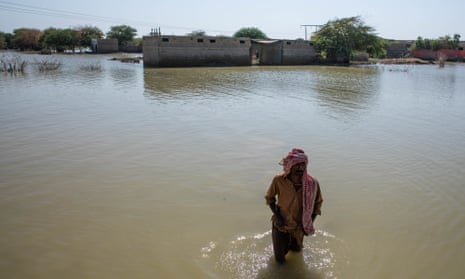Today (11/17/22) I served as the moderator on a panel discussion at the first ever Connecticut Minority Economic Summit. I was honored to be a part of such an important event that was organized by the Black Business Association and the Minority Business Initiative (MBI). After eight years of serving as the CEO of the Connecticut Minority Supplier Development Council and seven years as CEO of the Greater New England Minority Supplier Development Council, it was great to see BBA and MBI step into the breech and serve the needs of Connecticut’s minority business community. Much has changed since I left the GNEMSDC in Connecticut. Perhaps the biggest change was the support that Governor Ned Lamont provided to and for BIPOC businesses (I am also trying to rid my mind of the term minority as being factually inaccurate in so many settings, that it has effectively lost its meaning.) The Governor and with the principled leadership of CT Department of Economic and Community Development Commissioner David Lehman and State Senators like Doug McCrory and Black business leaders like Howard K. Hill were able to push significant amount of money into the hands of BIPOC business owners during the pandemic. And now we are witnessing the State of Connecticut finally investing millions in BIPOC businesses in the form of loans, grants, and technical assistance. Today’s Economic Summit brought together banks, non-bank lenders, mayors, other elected officials, and the BIPOC business community in an event that will help continue the momentum that was initiated by the leaders listed above and too many others to name.
I also did something for the first time at the Economic Summit that I hope will become a tradition. I did a land and people acknowledgement.
I have been spending lots of real and virtual time with colleagues and clients in Canada. I was in Toronto last month for the Canadian Aboriginal and Minority Supplier Council (CAMSC) annual awards gala. It was a special event and I congratulate Cassandra Dorrington and her very capable team.
In all the public meetings I have had in Canada over the past few years, the Canadians do something that is wise, powerful and special. Before starting a public meeting, the Canadians conduct a Land Acknowledgement. Each time I have heard and noticed differences in the Land Acknowledgements. These are very specific in the acknowledgement of what Aboriginal people protected and were stewards of the land, water and sky. The name of the specific tribe is acknowledged.
Canada, like South Africa conducted Truth and Reconciliation laws and policies. In Canada, the European settlers pushed and herded the Aboriginal peoples just as the South Africans pushed and herded the Africans - and just as the Americans pushed and herded Native Americans. And all the while, stole the land. It is from the land in Canada, South Africa and America that great wealth is created or destroyed. For Afrikaners, White Canadians, and Americans, control of the land created wealth that has lasted for generations. For Aboriginals, Africans, and Native Americans, the loss of that control created poverty.
At the meeting this morning, because the focus of the Connecticut Minority Economic Summit was to help BIPOC firms access capital so that they can create wealth, it is appropriate that we also conduct Land and People Acknowledgements at public meetings in this country.
There is a reason why we do not conduct acknowledgements in this country and it has everything to do with the difficulty we as a nation have talking about history, race, and blame. There is no blame for anyone alive today for events and actions that happened before they existed. No one wants to feel guilt, particularly over things they did not do. But that does not mean there should not be an acknowledgement of the harm done and the consequences of that harm to people living today. The reach of the past is long. One must think clearly on this issue or you will be persuaded by the anti-CRT and anti-Woke crowd that reminding us of the past is equivalent to assessing the guilt of the past onto the people of the present. We must confront history if we are to ever to close the fissures that divide us.
My acknowledgement today was as follows:
We the people, here in Middletown, Connecticut on November 11, 2022, for this meeting of the Connecticut Minority Business Economic Summit, acknowledge the land we are on today was once the homeland of the Wangunk and Mattabasset peoples. We also acknowledge the Africans who were taken from their homelands and forced to work here and throughout this country created wealth for others. May we not forget the uncompensated sacrifices of the Wangunk, the Mattabasset and the Africans.
You might think that acknowledgements are downers, where positive energy in the room is critical to success. But the message is true. Government representatives, business leaders, and the diverse entrepreneurs who attended today’s summit might be wiser, more empathetic, and better at what they do if we - with clear eyes and humanity for all - face history and recognize. I wonder if you think we should be doing land and people acknowledgements in this country. Is America ready for truth and reconciliation? What would it look like and how would it effect our work in supplier diversity. Let me know.



